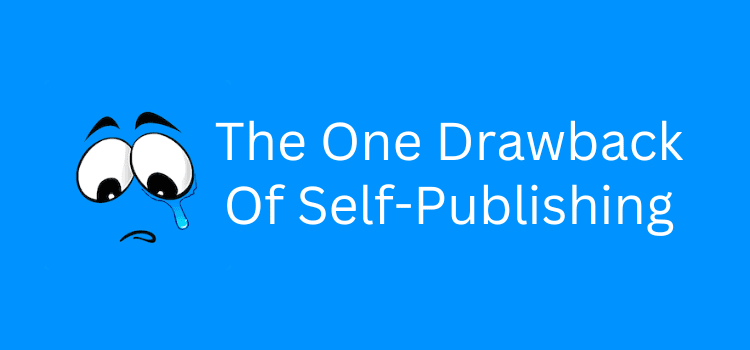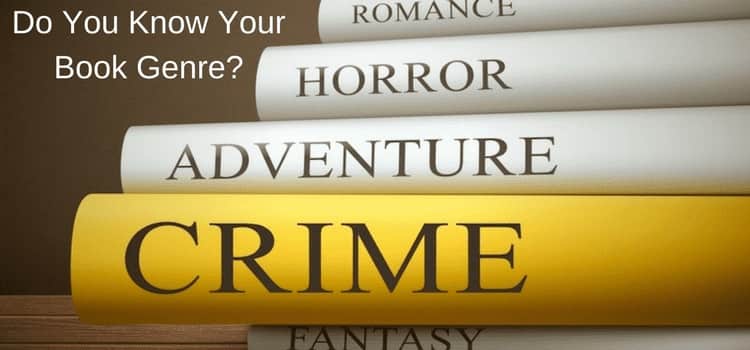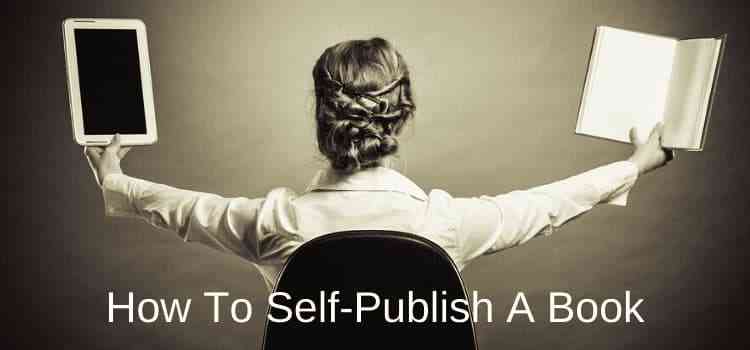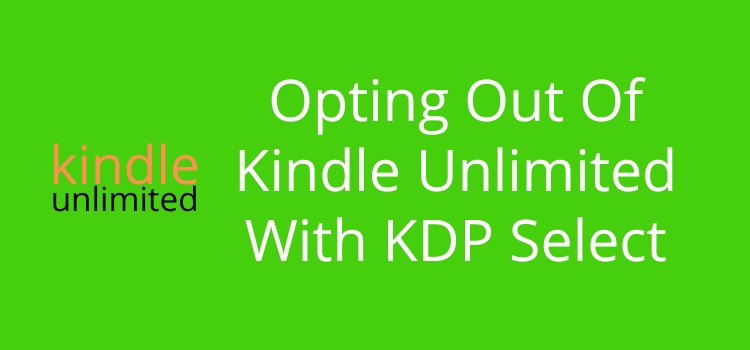
For many new authors, the biggest drawback of self-publishing isn’t about writing and editing. It’s something that is much more challenging. In one word, it’s marketing.
You can find plenty of articles and ideas to help you promote or advertise your new book online, but marketing is much more than that.
In a nutshell, marketing is about attracting interest before you publish your book, while advertising and promotion occur after you publish to help sell your book.
Effective marketing takes time, patience, and a lot of hard work, but it can make a huge difference in how successful your book launch will be.
Understanding how marketing works
Marketing might seem like a complicated or confusing term, but it’s actually all around you every day.
The Chartered Institute of Marketing (CIM) explains it well:
“Marketing is the management process responsible for identifying, anticipating and satisfying customer requirements profitably.”
In other words, marketing helps you figure out what readers want.
Then you can prepare your book to meet those needs, and try to connect with the right audience in a way that benefits you too.
As an author, marketing is an important step, but it can also be time-consuming and expensive.
It can feel overwhelming because it involves much more than simply advertising your book.
Most readers don’t really notice or care whether a book is self-published or traditionally published, especially when buying on Amazon.
What influences their choice most is smart, targeted marketing that reaches them before they buy.
This means you face a real challenge. Without the backing of a big publisher, you need to find ways to connect your book with the right readers on your own.
The marketing power of the big publishers
The big five publishers are all owned by huge media conglomerates, which gives them a huge advantage.
Simon & Schuster is owned by Paramount Global. (Pending sale to Penguin Random House)
Hachette Book Group is owned by Lagardère.
HarperCollins Publishers is part of News Corp.
Macmillan Publishers is owned by Holtzbrinck Publishing Group.
Penguin Random House is one division of Bertelsmann.
Let’s look at one example of marketing power.
HarperCollins Publishers has 120 imprints and has access to the media empire of Rupert Murdoch.
This means that a book can be marketed using Fox News, The Wall Street Journal, The Sun, or The Times, among many others.
There is no way a self-publishing author can compete with this marketing capability.
Traditional publishers also have extensive lists of advanced readers to help prepare and post book reviews.
Additionally, their vast number of employees is another source of online book reviews.
Book buyers are less concerned today about the distinction between self-published and traditionally published books and ebooks.
However, marketing power is the big difference in potential sales.
You might have read about the success of self-publishing authors such as LJ Ross, Mark Dawson, Rachel Abbott, and many, many more.
But what differentiates these authors from 1,000s of others is that they understand publishing and know how to use marketing.
Every step of the way, from writing to releasing a book, is planned and executed in painstaking detail.
They all have a deep knowledge of what their readers want and expect.
Before releasing a new title, they focus on generating publicity and exposure to maximize reviews, pre-orders, and first-week sales.
In other words, they know that marketing is what you do BEFORE you release a new book.
Traditional publishers always have the advantage, however.
But that doesn’t mean self-publishing authors will always lose out.
The advantages of self-publishing
Marketing might be one drawback of self-publishing, but there are many advantages.
The biggest advantage is book royalties.
Under traditional publishing models, an author receives between 5-8% for paperback sales.
Hardcover sales are higher, at around 15%, and for ebooks, it can be between 20% and 25%.
However, self-publishing authors can usually earn between 60% and 70% for all versions of a book.
It’s simple arithmetic to calculate that a self-publishing author doesn’t need to sell anywhere near as many copies to make the same return.
Another advantage is that an author retains all rights to a book.
It means that all decisions regarding how and where a book is available are up to the author and not an agent or publisher.
Then there is the issue of time. It can take up to two years for a book to be traditionally published.
But with self-publishing, there is no time constraint. You can publish as soon as your book files are ready.
The overriding advantage of self-publishing is that the author is in full control of every step in the process.
Can you overcome the disadvantages?
Every business has weaknesses. But if you know what they are, you can address them and try to minimize the downsides.
Self-publishers know that it is next to impossible to have their books available in retail bookstores. You could say that this is another disadvantage of self-publishing.
However, by some estimates, Amazon controls up to 80% of all book distribution in the US.
The number might be debatable, but it means that an enormous number of readers are buying books online. This is where self-publishers can and do compete.
Most self-publishing authors know they need to promote their books online.
There are so many ways to do this with social media, content articles, interviews, reviews, and blogging.
But many of these promotional activities usually occur AFTER publishing a book.
Too few authors think about marketing a book BEFORE it goes on sale.
There’s no doubt that self-publishing authors have limited options when it comes to book marketing compared to large publishers.
However, that doesn’t mean it’s impossible. But it does require time, effort, and a lot of hard work.
Self-publishers should slow down and consider what they can do before publishing to promote their book effectively.
What can you do to help your new book?
In a nutshell, it’s a matter of doing more before rather than after publishing your book.
Focus on sharing the news about your forthcoming book rather than making a sales pitch.
You can use the same online methods, but with a change of focus.
You might want to try to find beta readers and book reviewers, or ask for opinions about your book cover options.
Don’t forget to involve your family and friends, members of clubs you belong to, or work colleagues.
Get the word out as widely as possible to help your book launch and gain early book reviews.
Anything you can do to create interest in your book before publishing is marketing.
Summary
Every year, thousands of new books go on sale on Amazon and other online book retailers.
The truth is that very few are successful. The only way to give a new book a chance is to do everything right.
From a quality perspective, self-published books and ebooks can compete quite easily with a bit of investment.
And book buyers certainly buy a lot of self-published titles without giving a thought to how or who published them.
If you are a new author, you need to make the best of the advantages you have.
But yes, marketing power is a drawback and one of the disadvantages of self-publishing, but it is not insurmountable.
If you place more emphasis on what you can do before you publish a new book, you will stand a much better chance of success.
Related reading: 5 Digital Self-Publishing Skills New Authors Need To Master
Share This Article



Thank you, Genevieve. I’m very happy to hear that you find the site useful.
As someone who is not very advanced in the skills of digital marketing but hoping to publish a series of short e-books, it was so reassuring to discover some sage, well-written and clear advice regarding self-publishing and promotion. Your website is one I have saved to my desktop for quick access to the many articles on it I have already found tempting. I love the broad scope of topics .Thank you.